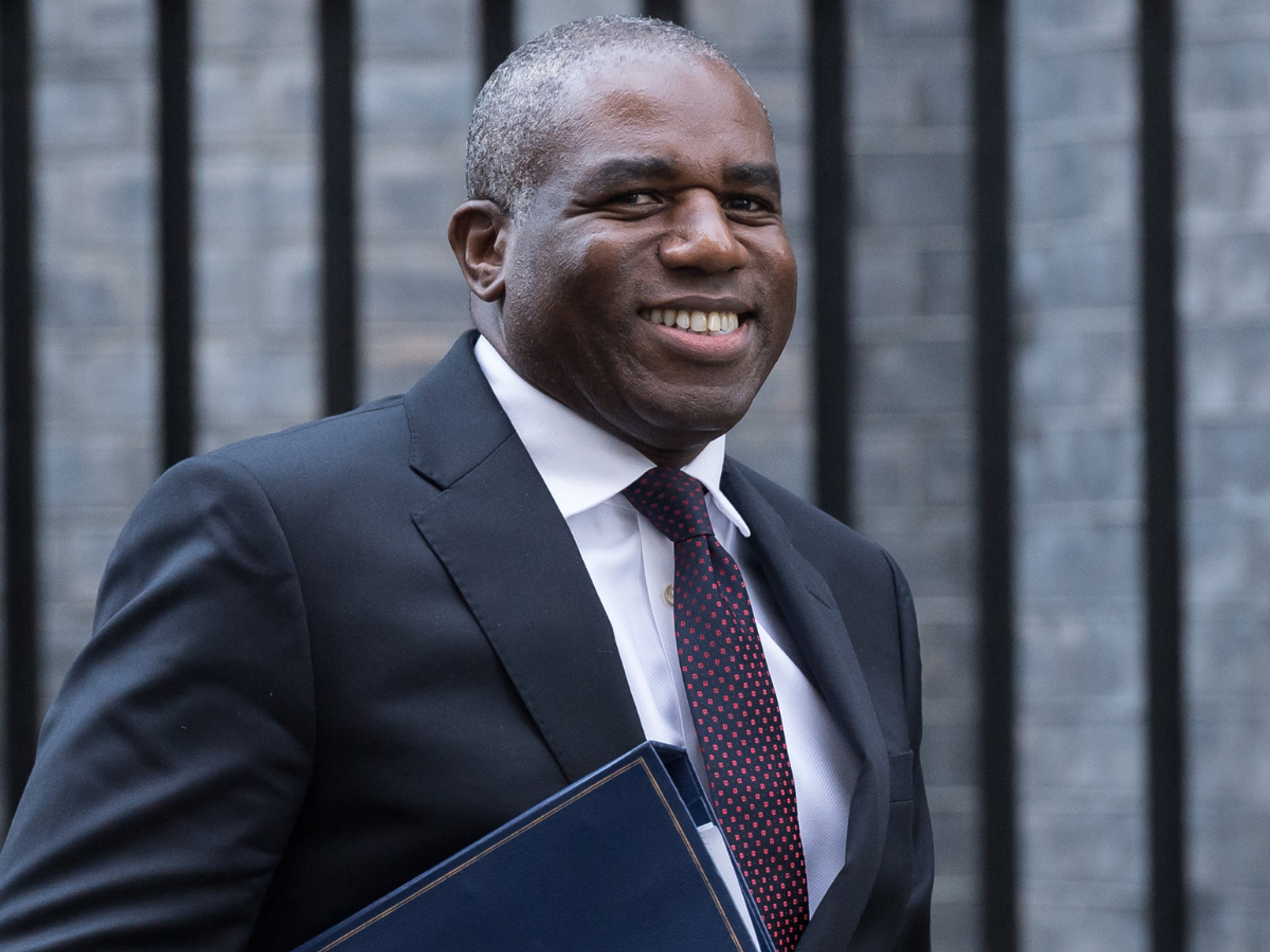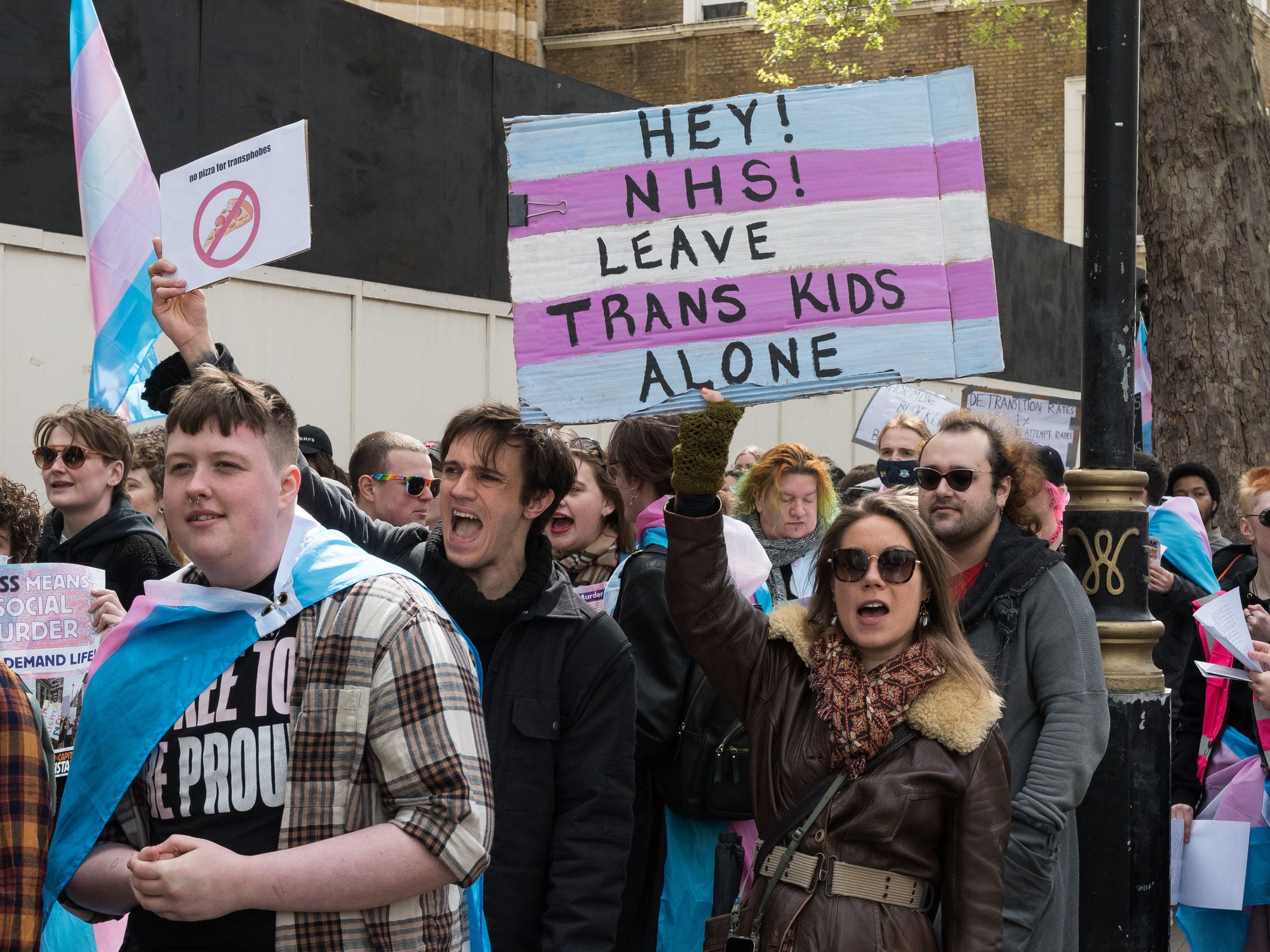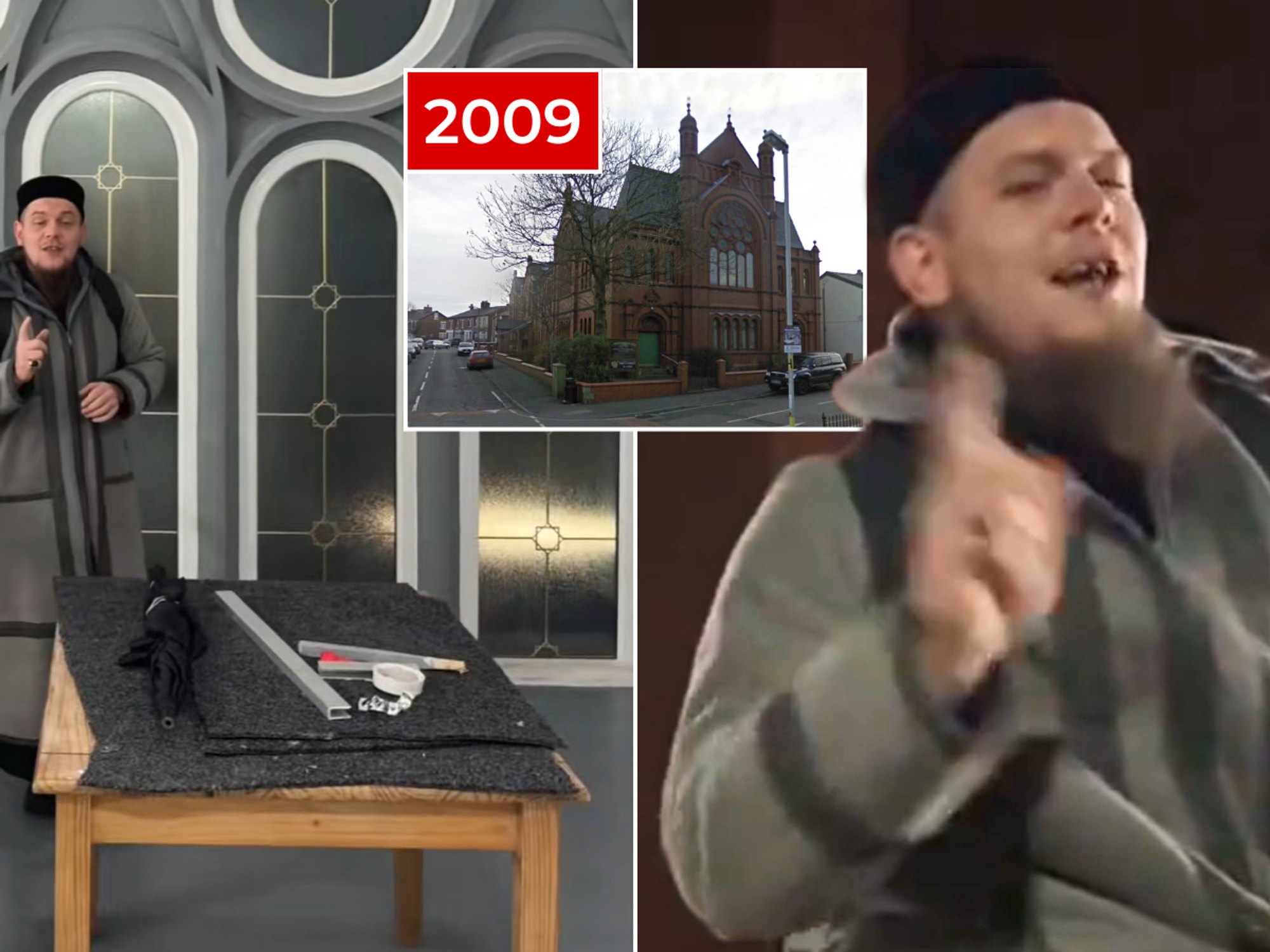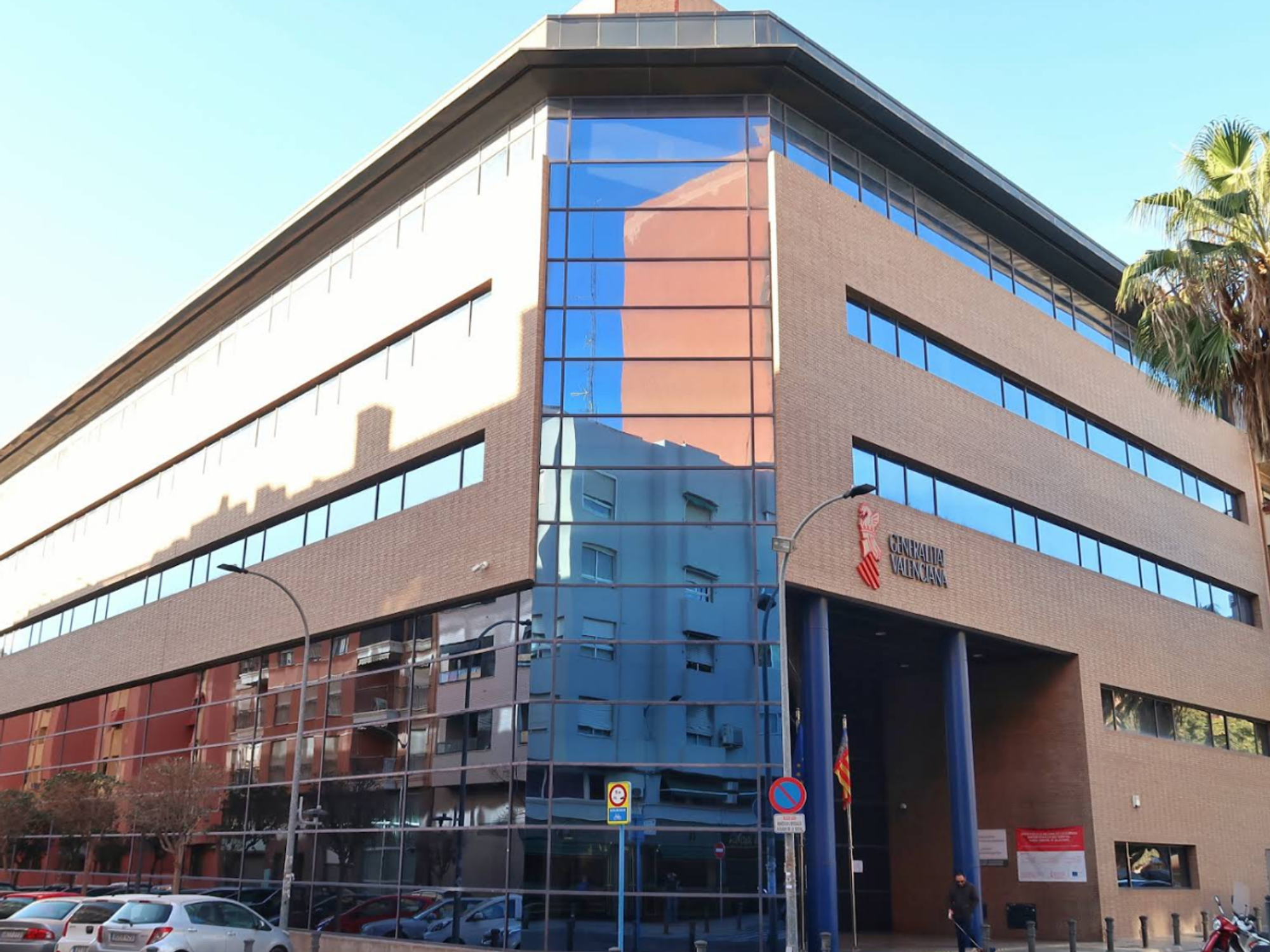Council tax crisis as 4 million households face rate hikes of up to five times the legal limit: 'Up in arms!'

Local authorities are floating raising council tax rates substantially and above the legal threshold under shocking plans
Don't Miss
Most Read
Latest
More than four million households across England are facing council tax increases of up to five times the legal limit as struggling local authorities exploit a loophole to address financial shortfalls.
Overall, eight councils are proposing dramatic rises ranging from 9.99 to 25 per cent from April, far exceeding the standard 4.99 per cent maximum allowed under Government rules.
The tax increases would affect approximately 4.4 million residents in Britain, according to a Daily Mail audit, raising fresh concerns about the management of public finances.
Notably, the Royal Borough of Windsor and Maidenhead is planning the steepest rate hike at 25 per cent, which would be England's largest increase in two decades.
These extraordinary rises are possible through councils threatening to issue Section 114 notices - effectively declaring bankruptcy - which allows them to bypass normal restrictions with ministerial approval.
Do you have a money story you’d like to share? Get in touch by emailing money@gbnews.uk.
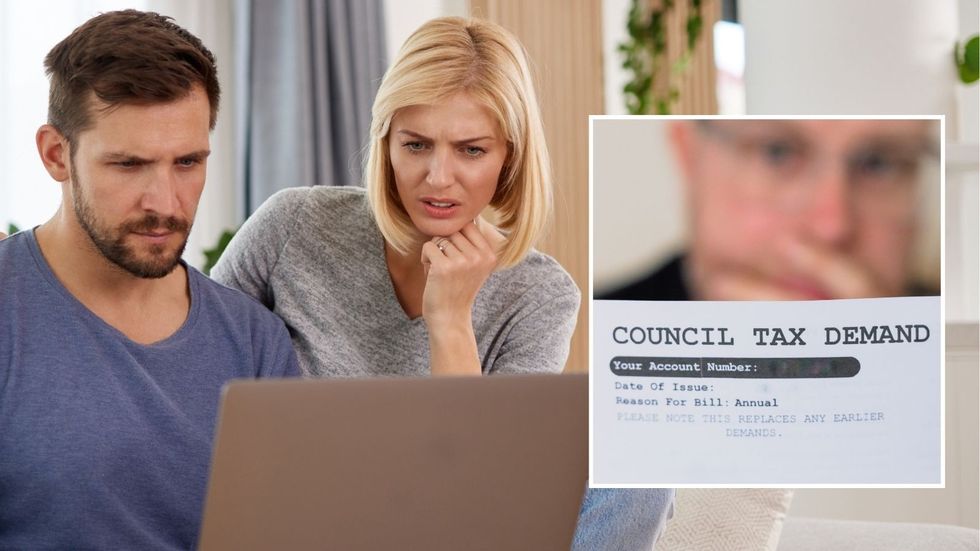 Council tax bill could rise substantially this year | GETTY
Council tax bill could rise substantially this year | GETTYUnder normal Government rules, councils can only raise council tax by up to 4.99 per cent without seeking voter approval but any increase beyond this threshold typically requires a referendum of local taxpayers.
Analysts have noted that this is something that has never occurred due to its likely unpopularity, however councils have discovered they can circumvent these restrictions.
This can be done by threatening to issue a Section 114 notice, which declares them effectively bankrupt, and allows them to pursue higher increases with approval from Angela Rayner, the Secretary of State for Housing, Communities and Local Government.
The mechanism has emerged as struggling councils seek ways to address significant gaps in their finances, with the Royal Borough of Windsor and Maidenhead's proposed 25 per cent rise adding £451 to average household bills in the area.

Local authorities are preparing to hike council tax rates
| PAThe increase would affect 154,000 residents, including the Royal family on the Windsor estate, if approved by ministers. The Liberal Democrat-run council's plans have sparked strong reactions within the community.
"Residents are up in arms - this is a huge amount to increase tax by during a cost of living crisis - it's heartbreaking for many and a very drastic increase," said Tory Opposition leader councillor Maureen Hunt.
Labour-run Birmingham City Council is considering a second consecutive 9.99 per cent rise, which would increase Band D bills by £400 over two years.
Bradford Council, also Labour-controlled, has requested permission for a 15 per cent increase, adding around £170 to average bills for its 560,000 residents.
Hampshire County Council, facing a £182million deficit, is seeking approval for a 15 per cent rise in 2025/26, which would add £230 to Band D properties across its 1.4million population.
North Somerset Council, led by Liberal Democrats, has proposed a 15 per cent rise , adding £256 annually to bills. The London borough of Newham, Cheshire East's Labour and independent coalition, and Conservative-run Slough are also planning significant increases. Slough has already implemented above five per cent rises for the past two years.
LATEST DEVELOPMENTS:
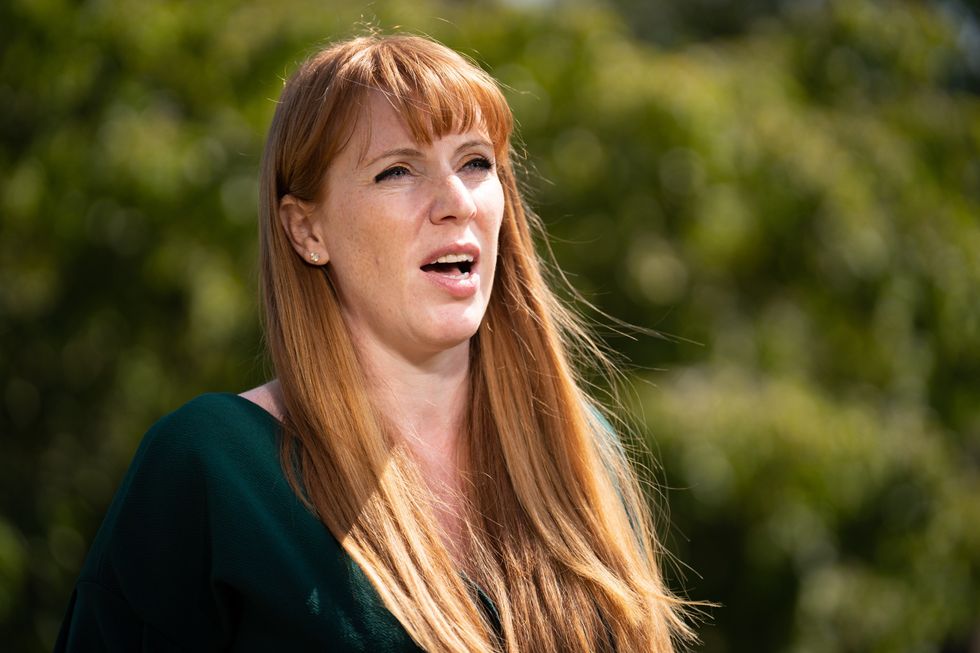
Said increases would need to be approved by Deputy Prime Minister Angela Rayner
| PABenjamin Elks from the TaxPayers' Alliance condemned the increases, stating: "Local taxpayers are fed up with having to pick up the tab for reckless councils. As hard-working households across the country tighten their belts, local authorities are refusing to rein in their out of control spending, squandering cash on pointless pet projects."
Furthermore, the Local Government Association spokesperson said: "Many councils have faced the tough choice about whether to increase bills to bring in desperately-needed funding to provide services. While council tax is an important funding stream, the significant financial pressures facing local services cannot be met by council tax income alone.
"It also raises different amounts in different parts of the country - unrelated to need. We will only consider agreeing to requests for rises above give per cent in exceptional circumstances, in line with the previous Government's position."
The Ministry of Housing, Communities and Local Government emphasised that councils retain ultimate responsibility for setting their own tax rates. We will put taxpayers at the forefront of any decision."







